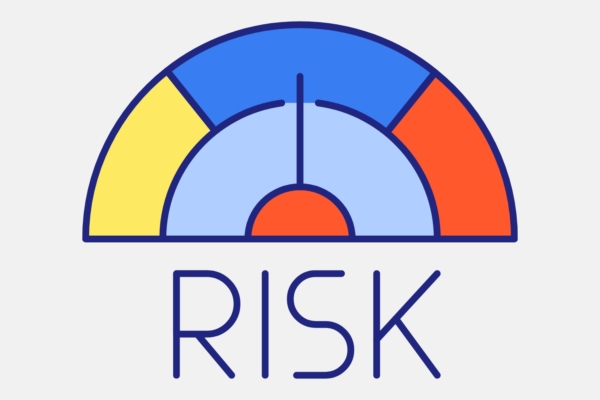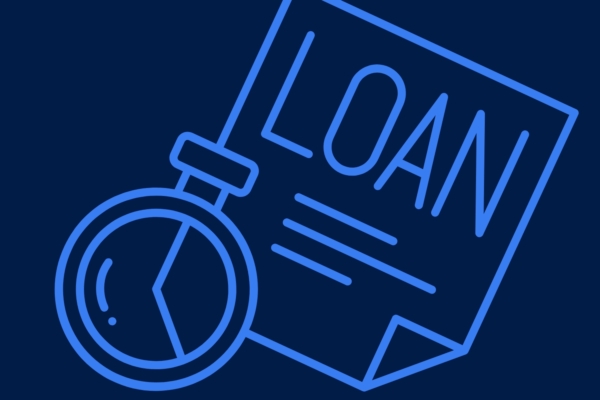
This Should Be Your Target Credit Score to Buy a House in 2020
If you’re looking to buy a house in the near future, you might be wondering what type of requirements you’ll need to meet to be approved for a home mortgage. More specifically, you may be wondering if there’s some general agreed-upon credit score to buy a house in 2020.
When applying for a home mortgage, the lending institution will require several things, including proof of income, tax returns, and, of course, your credit score. Your credit score is a three-digit number between 300 and 850 that lets lenders know how likely you are to pay your bills on time. This indication of creditworthiness is calculated using data such as your amount of debt, payment history, and the number of credit applications.
Maintaining good credit and a high FICO score is essential to your overall financial health, just like paying down debt or having an emergency fund saved up. When it comes to purchasing a house, a good credit score can earn you lower interest rates and better repayment terms, saving you money in the long run.
What Credit Score Do You Need to Buy a House in 2020?
The score that you’ll need to take out a home mortgage depends on what type of loan you get. Let’s take a look at some of the most common loans offered in Texas and what credit score you would need to help finance your home.
FHA Loan
Most Texas lenders will need to see a credit score of at least 580 to issue a government-backed Federal Housing Administration (FHA) Loan. Having a credit score below 580 doesn’t necessarily disqualify you from obtaining the loan, but you may be expected to put down a larger down payment.
USDA Loan
Borrowers looking to buy a home in a rural Texas area may qualify for the USDA’s Single-Family Housing Direct Home Loan Program. While there isn’t a set minimum requirement, those with credit scores of 640 or more qualify for the USDA’s automated underwriting system. For this reason, lenders like to see credit scores of 640 and above. Lower credit scores can still qualify for the loan but will be subject to manual underwriting.
VA Loan
A VA Loan is another government-backed mortgage option. These are available to veterans and other qualified service members and spouses. Like the USDA Loan, there is no specific minimum credit requirement; this number is up to the lenders. That said, most lenders like to see credit scores of at least 580-620.
The Texas Veterans Land Board also offers a home loan for qualifying veterans in the state. Lenders participating in this program typically require a minimum credit score of 620.
Conventional Loans
Unlike FHA, USDA, or VA Loans, the government does not back conventional loans. These loans may come with more flexibility and options, but they also come with stricter credit score requirements. For conventional loans in Texas, you’ll likely need to have a credit score of at least between 620 and 640. Borrowers that have higher credit scores might even enjoy lower interest rates and a smaller down payment requirement.
TDHCA Loans
The Texas Department of Housing and Community Affairs (TDHCA) offers two loan programs— My First Texas Home and My Choice Texas Home. My First Texas Home is available to first-time homebuyers, veterans, or homebuyers that have not owned a home in the past three years. My Choice Texas Home is available to those purchasing a house in Texas without first-time buyer requirements. Keep in mind that both of these have specific eligibility requirements, such as a minimum 620 credit score.
How Is a Credit Score Calculated?
Credit scores are calculated based on several factors, including:
- Amount of debt: If you’ve maxed out your credit cards and only make the minimum payment each month, your credit score will suffer. Lenders like to see that you can responsibly use and pay off credit before they write you a check.
- Payment history: Lenders want to know if you’ll make your loan payments on time, so they’ll want to know what your payment history is like for any other credit you’ve taken out. This history will show if you’ve missed or made late payments on things like student loans, auto loans, department store credit accounts, other mortgages, home equity loans, and more.
- Credit applications: Whenever you apply for credit or a loan, lenders will always check your credit score. This check is known as a “hard inquiry” and is reflected in your credit history. Too many hard inquiries might constitute a red flag for lenders, so it’s essential to keep the number of credit applications to a minimum.
- Length of credit history: Credit score calculations also take into consideration how long you’ve had credit accounts open. Having a 10-year history of paying your bills on time speaks a lot more to your creditworthiness than having three months of credit card payments.
If you’re not sure where your credit score stands, remember that you can obtain a free credit report from the three major credit reporting agencies— Equifax, Experian, and TransUnion— once a year.
What Is Considered a Good Credit Score?
If you do know your credit score, you might be trying to figure out the scale and whether or not your number is good. Credit scores fall anywhere from “very poor” to “excellent” within the following ranges:
- Very Poor Credit: 300-499
- Poor Credit: 500-600
- Fair Credit: 601-660
- Good Credit: 661-780
- Excellent Credit: 781-850
If your credit score is not entirely up to par, there are some ways to improve the number. First and foremost, always check your credit report for any inaccuracies. Incorrect info can bring your score down, and correcting information can instantly boost your score. Paying bills on time, maintaining low balances on revolving credit, and keeping low balance-to-limit ratios can go a long way in maintaining a healthy credit score.
Your credit score is not a number to be ignored. It’ll be a massive factor in whether or not you’ll be holding keys to a new home in 2020, so be sure you’re taking the necessary steps to keep it lookin’ sound.
Learn More About Amplify Loan Options
Talk to an Amplify Mortgage Loan Originator to start digging into your budget.



